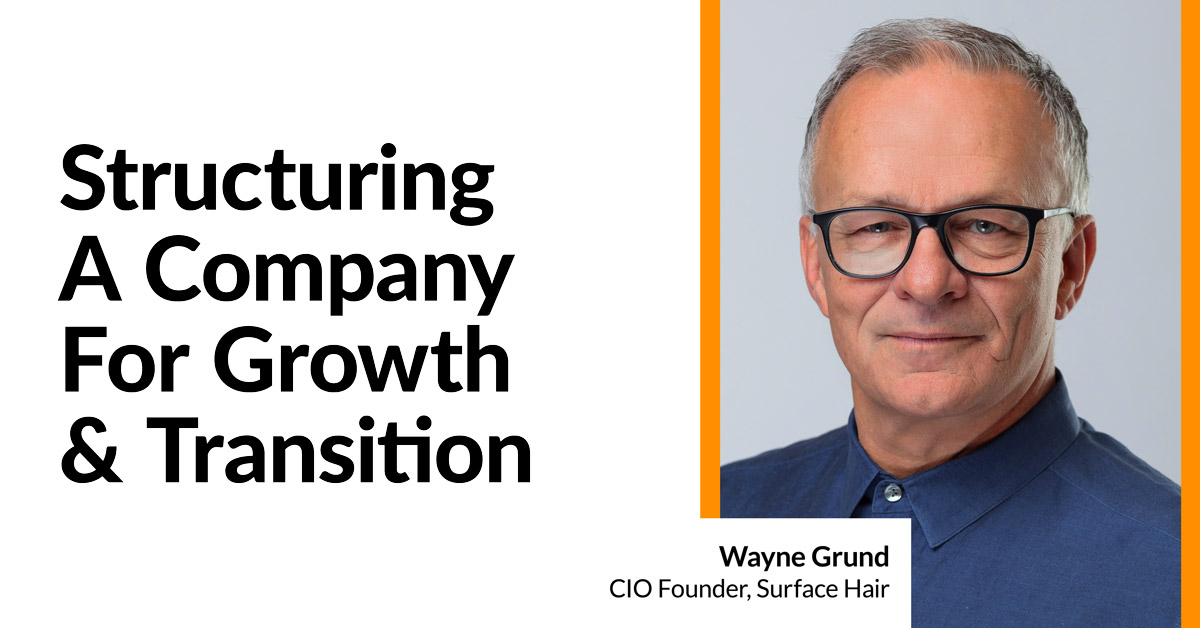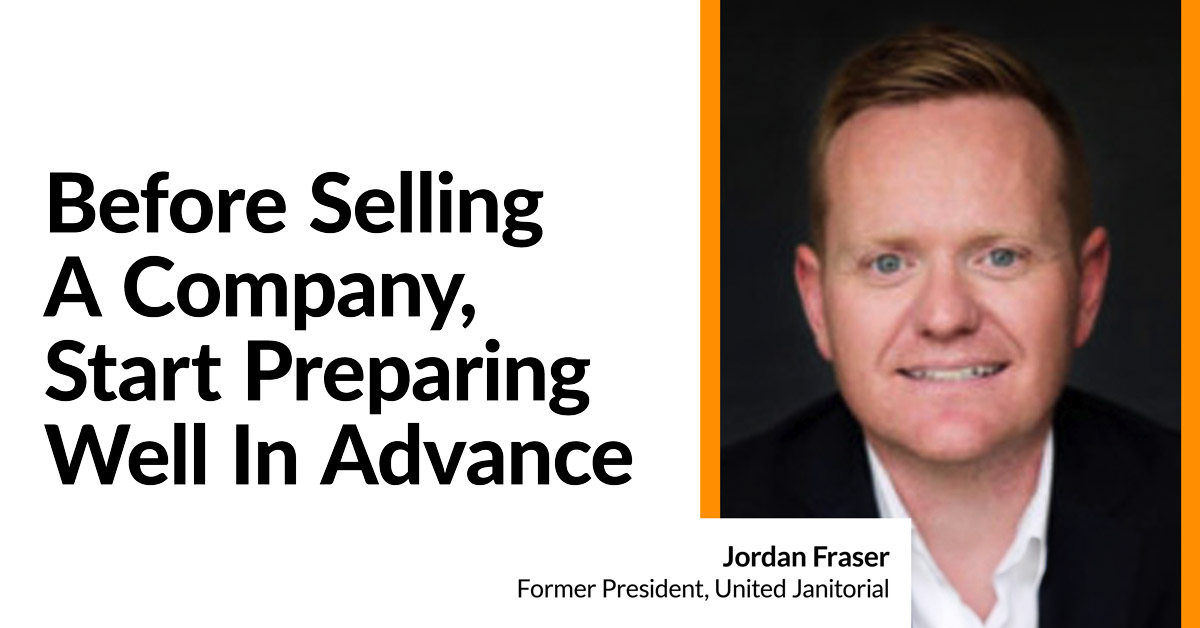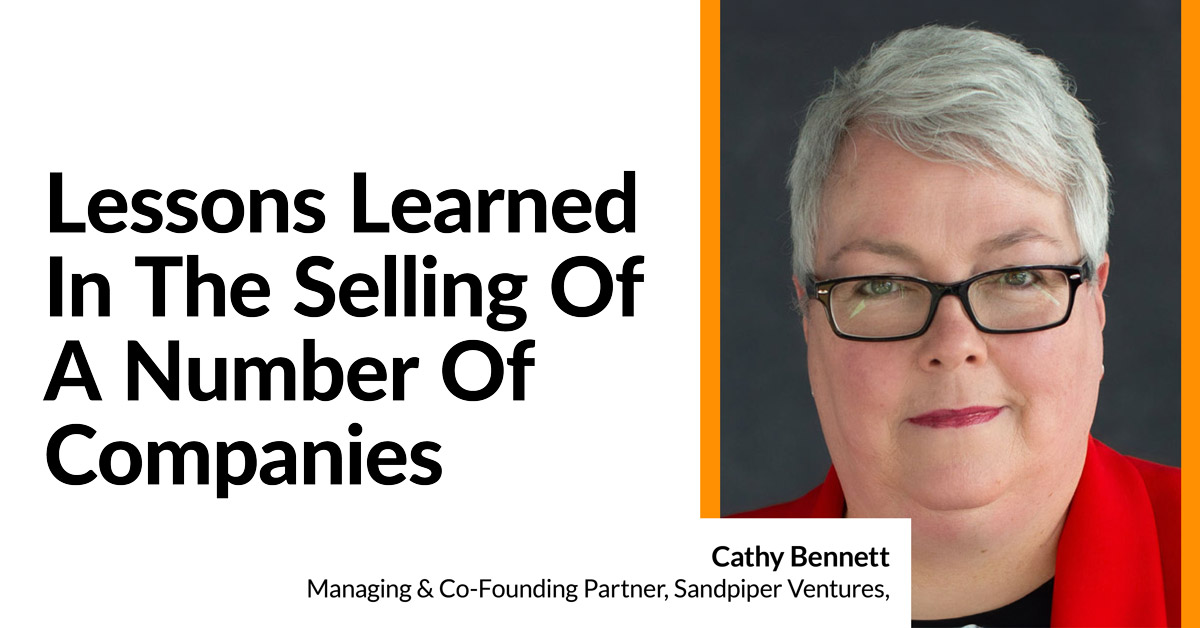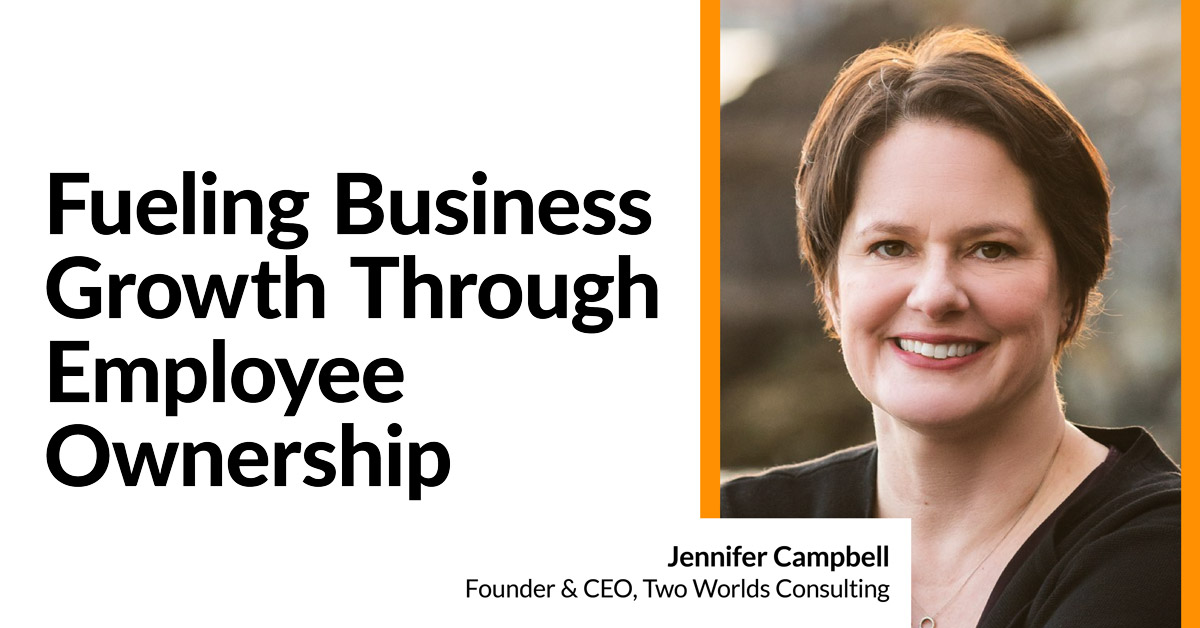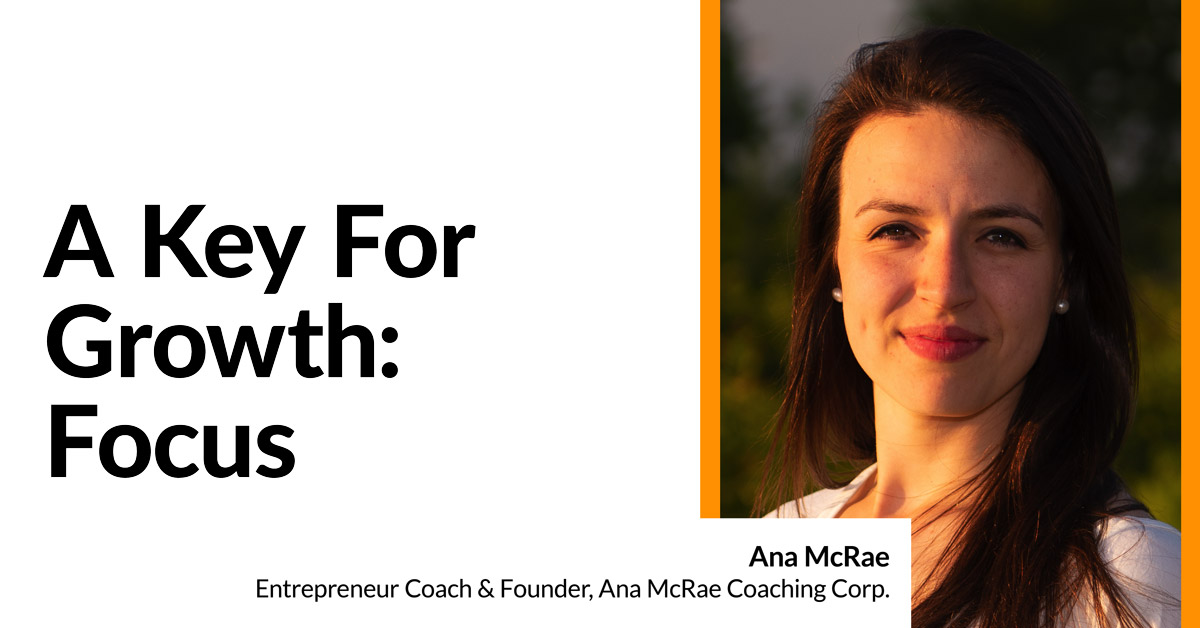Seeing The Value In Broken Businesses
Mario Toneguzzi
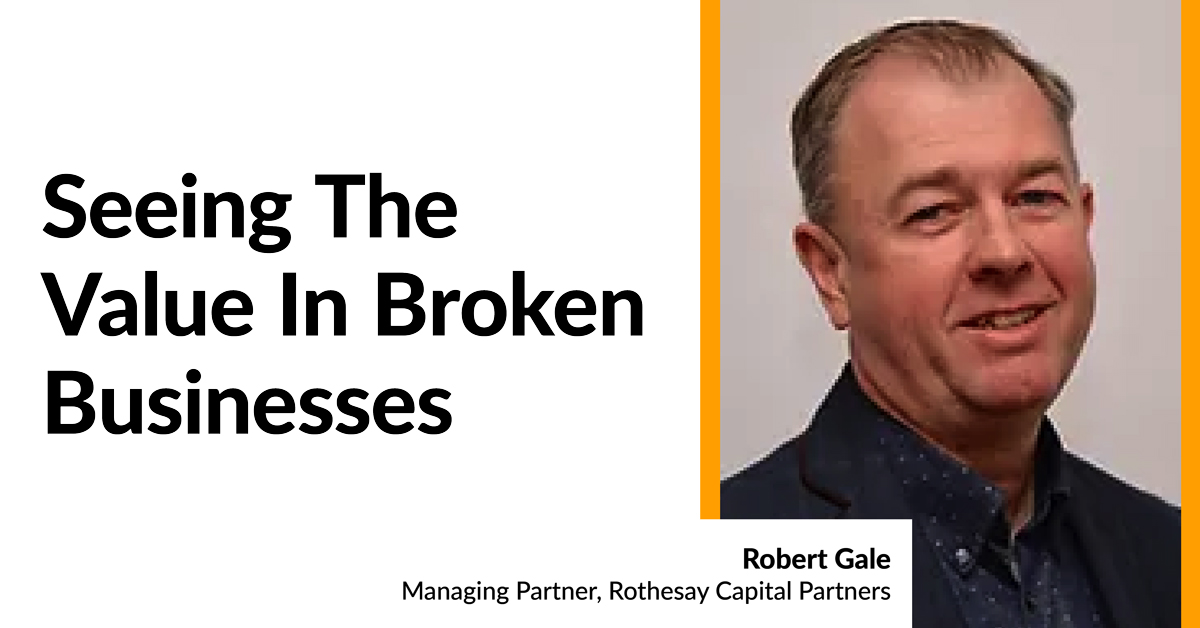
Robert Gale is an experienced business owner with a demonstrated history of working in the venture capital and private equity industry.
When it comes to acquiring businesses, Gale says he’s learned through experience to pay closer attention to evaluating the owner’s strengths and weaknesses.
Key takeaways:
- Why he loves to look at broken businesses;
- Paying attention to market share and congruent assets;
- "Sometimes because the business is not making money it doesn’t mean it’s not a good business.”
Enjoy,
Mark
Robert Gale is an experienced business owner with a demonstrated history of working in the venture capital and private equity industry.
When it comes to acquiring businesses, Gale says he’s learned through experience to pay closer attention to evaluating the owner’s strengths and weaknesses.
“My first business was a bankrupt dairy bar, my next business was "Pop Shoppe" Atlantic, it had gone bankrupt. We bought the brand and downstream assets, since then I have owned and operated more than 15 companies with my wife, all of which were in some sort of distress,” says Gale.
“I like broken businesses. I experienced a bankruptcy at the age of 23 at the same time I had a sick baby that spent a year in the IWK neonatal unit. I bought a small taxi stand and grew it from seven cars to 82 cars (40 per cent market share). I owned Atlantic Canada's second largest bottled water company (40 per cent market share) with two plants and a distribution centre. I owned a company in light marine construction and built a dealer network across Atlantic Canada. I have been in the ice, property, marina, restaurant, lobster pound, business centre, boat building, gaming, and convenience store gas bar space. Most of my businesses I use private money or bootstrapped - our M.O. is to buy, build and sell . I have lots of road rash.”
Gale will be one of the guest speakers at the Atlantic Business Transitions Forum on April 4, 2023 in Halifax, Nova Scotia.
He is Chief Executive Officer of MacKinnons Lobster Pound and General Partner with Rothesay Capital Partners. He is also President of Pond’s Resort.
When asked what was the single factor that made your company attractive to acquire, Gale replies: “The largest factor for me was market share and congruent assets.”
With Rothesay Capital Partners, Gale deals with turnarounds and restructuring, bridge lending.
“Sometimes we just acquire the business and other times we just fund the business. It just depends on what the situation is,” he says.
MacKinnons Lobster Pound and Pond’s Resort in Atlantic Canada were struggling businesses that Gale acquired and are now undergoing turnarounds.
Gale says that when he considers different businesses to acquire it’s the latent value that he is looking for.
“Sometimes because the business is not making money it doesn’t mean it’s not a good business,” he says. “Maybe the opportunities haven’t been exploited that that business has within it. Setting aside the complicated financial applications, we look at what is the business, what does the business look like in the market that it’s in, and what are the positives in the business and what are the negatives and can it be fixed. In our opinion, can it be fixed? And how long would it take in our opinion to do a turnaround.
“In many cases that’s with the owner and in many cases it’s without the owner if we do an acquisition. A lot of times the owner moves on. We look at businesses that are in distress and look for that latent value within the business.”
Gale says he likes to take a look at businesses that are struggling and seek the opportunity within those businesses.
“We’ve been reasonably successful in finding value within businesses that are not doing well and so it’s going in and fixing what we believe are those problems,” he says. “If it’s an acquisition, it’s value priced because the financials won’t sell the business. People wouldn’t be interested in buying a business that’s losing money, where I’m usually very interested in looking at businesses that aren’t doing well because many times there’s a whole bunch of components.
“It could be a management issue, maybe it isn’t properly financed, or it could be a combination of a whole host of things.”
For people looking to buy a business, Gale says it’s important to put together an advisory group.
“They can keep it real for you. I think that’s really important. A lot of people make mistakes because of emotions and if you get somebody that can kind of keep you grounded and keep you focused better decisions will be made.”
BACK





